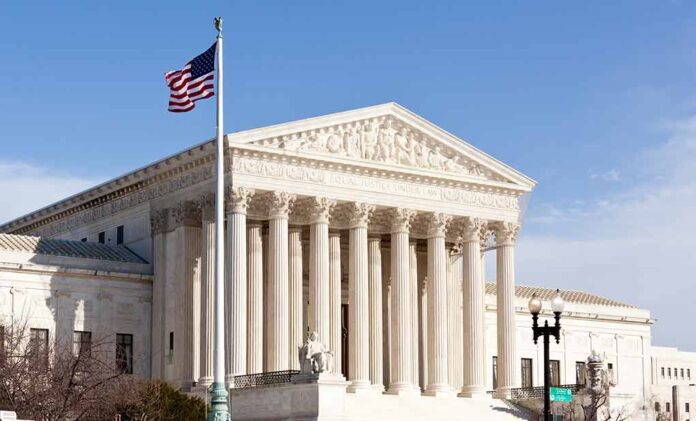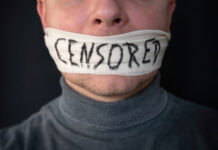
The Supreme Court’s decision to reject Michael Cohen’s reprisal lawsuit against Trump signals a critical moment for free speech and democratic principles.
The U.S. Supreme Court decided not to hear Michael Cohen’s lawsuit, which sought to revive claims of retaliation by the Trump administration. Cohen, a former lawyer for Donald Trump, alleged that his imprisonment was an act of retribution intended to silence him after he authored a critical book titled “Disloyal: A Memoir.” His claims of First Amendment violations were dismissed by the lower court, a decision upheld by the appellate court, and now sustained by the Supreme Court.
The lawsuit centered around Cohen’s return to prison in 2020, accused of breaching home confinement terms, including critical allegations levied in his book. He argued these actions violated his rights to free speech and constituted illegal seizure and cruel punishment. Despite the compelling nature of these allegations, the courts found an absence of legal precedent to sustain Cohen’s claims.
Cohen’s legal struggles began in 2018 when he was sentenced to three years for federal charges, including campaign finance violations and false statements to Congress. Released in 2020, Cohen returned to prison after challenging restrictions on his book’s publication and public discourse. Subsequently, a judge intervened, ordering his release by concluding that retaliatory motives influenced his imprisonment.
Cohen’s petition found no favor in the Supreme Court, whose conservative majority includes three Trump-appointed justices. Notably, the court provided no comprehensive reasoning for the denial. Trump’s legal team dismissed Cohen’s assertions as baseless and unfounded, sentiments echoed by attorneys within the Biden administration who advised the justices against hearing Cohen’s case.
This ruling underscores intricate dynamics between state power and speech rights, particularly for former affiliates vocal against past associations.
Although Cohen aimed to highlight potential violations of rights, legal precedents stymied his efforts. The Supreme Court’s denial concludes his legal journey, firmly supporting the lower court’s dismissal of his lawsuit.
The high court’s decision draws concern over its broader implications where political dissent intertwines with punitive measures. The potential chilling effect on free speech reflects tensions intrinsic to governance and public discourse. While the case’s conclusion definitively bars Cohen’s fresh legal avenues, the dialogues provoked will persist within public and legal spheres.










